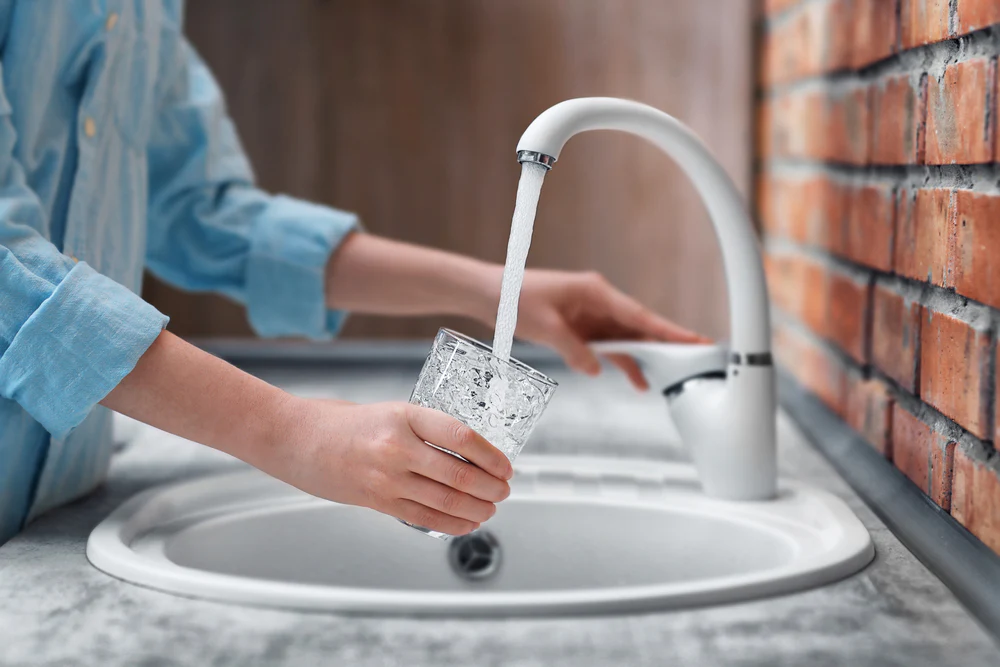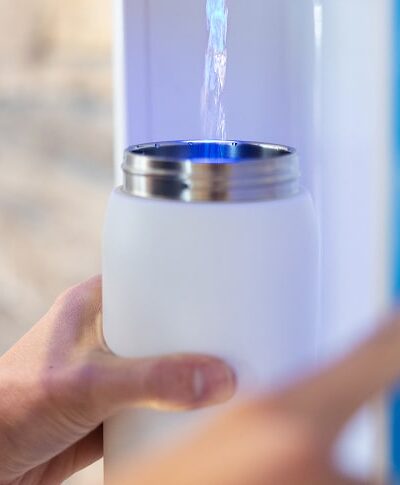Water is essential for our well-being, playing a crucial role in maintaining overall health. From regulating body temperature to supporting cognitive function, water is the unsung hero that keeps our bodies functioning optimally. Let’s dive into the reasons why staying hydrated matters and explore how much water you should drink daily.
Why Is Water Important?
- Saliva Production: Water is a primary component of saliva, which helps break down food and maintain oral health. If you experience dry mouth, consider increasing your water intake.
- Body Temperature Regulation: Hydration is vital for maintaining a stable body temperature. When you sweat during physical activity or in hot environments, your body cools down. However, failing to replenish lost fluids can lead to dehydration.
- Joint and Tissue Health: Water lubricates and cushions joints, spinal cords, and tissues. Adequate hydration supports physical activity and reduces discomfort, especially for those with conditions like arthritis.
- Waste Elimination: Your body uses water to excrete waste through sweat, urine, and bowel movements. Proper hydration ensures healthy stool and efficient kidney function, preventing issues like kidney stones.
- Maximizing Physical Performance: Athletes can lose 6 to 10 percent of their body weight through sweating during intense workouts. Staying hydrated improves strength, endurance, and overall performance.
- Energy Levels and Brain Function: Even mild dehydration can drain your energy and affect cognitive function. Keep your brain sharp by staying well-hydrated.
- Preventing Headaches: Dehydration is a common trigger for headaches. Drinking enough water can help prevent them.
- Weight Loss: Staying hydrated can aid weight loss by reducing hunger and promoting satiety.
How Much Water Should You Drink?
The ideal daily fluid intake varies based on factors like activity level, climate, and individual health. However, here are the general recommendations from the U.S. National Academies of Sciences, Engineering, and Medicine:
- Men: Aim for about 15.5 cups (3.7 liters) of fluids per day.
- Women: Target around 11.5 cups (2.7 liters) of fluids daily.
- Children: The amount of water a child needs each day depends on age, weight, gender, activity level, and environmental conditions, but here are some rough estimates for different age groups
- 1–3 years: Around 4 cups of beverages, including water or milk
- 4–8 years: Around 5 cups
- 9–13 years: 7–8 cups
- 14 and up: 8–11 cups
Remember that these recommendations include fluids from both beverages and food. Approximately 20% of your daily fluid intake comes from the foods you consume.
Additional Considerations
- Exercise: If you engage in physical activity, especially if it makes you sweat, increase your water intake accordingly. Hydrate before, during, and after workouts.
- Environment: Hot or humid weather requires extra fluids. Dehydration can occur at high altitudes as well.
- Signs of dehydration: be aware of your body’s signals that you may be dehydrated. These can include less frequent urination, fatigue, confusion, and even dehydration masked as hunger (if you feel hungry at times you normally don’t). Chronic dehydration is extremely common, so be sure to listen to your body and get your water intake up!
- Overall Health: Illnesses like fever, vomiting, or diarrhea lead to fluid loss. Adjust your water intake based on your health condition.
- Water contaminants: make sure you prioritize drinking clean, safe water. Filtered water can remove potentially harmful contaminants and plastics found in tap water across the United States.
In summary, find what’s best for your body. Hydration is a key element to your health and needs will vary per person. Prioritize hydration, and your body will thank you!
At FloWater, we value clean hydration and safe drinking water above all else. We’re committed to ending single use plastic water bottles providing the best tasting water in the world, without any microplastics or contaminants.
References:




